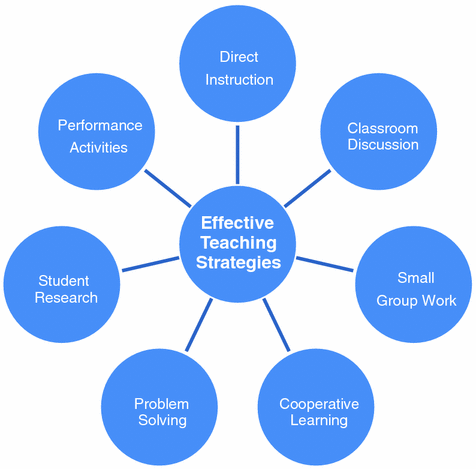Additional Pedagogical Strategies


Connected Mathematics Project (CMP)
English Language Learners (ELLs) benefit from a variety of instructional strategies that lower their anxiety and help make content more comprehensible. Mathematical objectives should be cognitively demanding and grade-appropriate. Language-related adjustments should be made, including modifications to instructional delivery, but the cognitive demand of the mathematics should not be changed. The CMP framework inherently supports many, if not all, of the following strategies for ELL students. These strategies are also good teaching techniques for all students.
EFFECTIVE QUESTIONING
Teachers frequently use few higher-order questions to all students, especially to those for whom they had low expectations. Higher-order questions promote analytical and evaluative thinking, affirm students’ self-perceptions as learners, and support students’ view of themselves as knowledge producers rather than knowledge consumers.
COOPERATIVE GROUPS
Research evidence demonstrates that cooperative group work can have a strong positive impact on language and literacy development and on achievement in content areas.
ACTIVE PARTICIPATION
Actively engaging the students facilitates their learning of both mathematics and the English language. This can be accomplished through class brainstorms and predictions, and by encouraging students to ask questions of each other or to express and justify their ideas.
SITUATIONAL CONTEXT
If students are unfamiliar with names, places, or objects in a problem, it will be difficult for them to access the mathematics. Sometimes it is possible to change the context of a problem without affecting the mathematics or objectives of the lesson. Incorporate names and places from students’ home countries or situate actions within their cultural practices. This is also a great opportunity for students to learn common English words used in daily life. Include words in math problems that students need to know by avoiding the use of slang, idioms, or extraneous language.